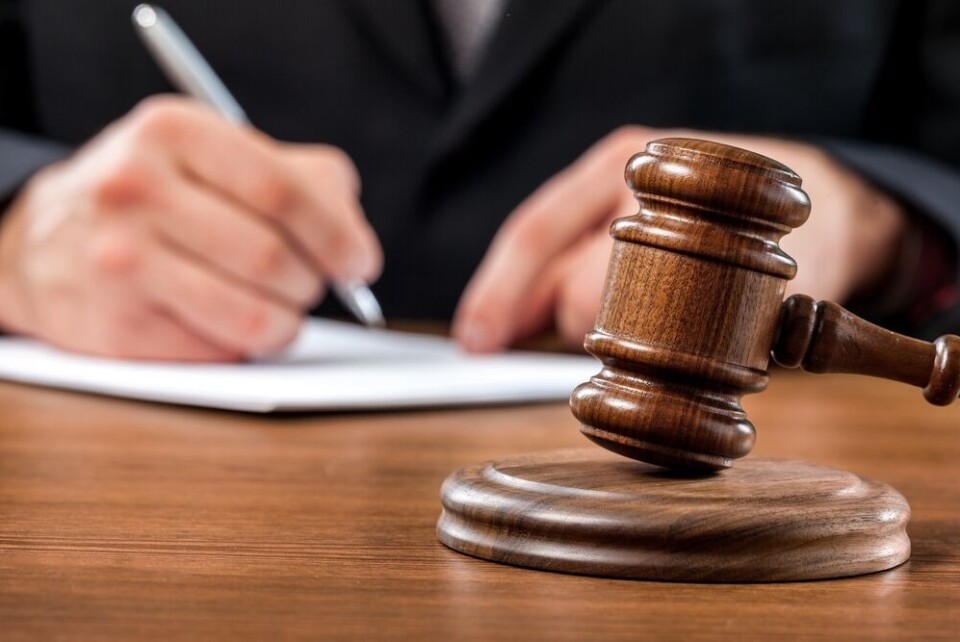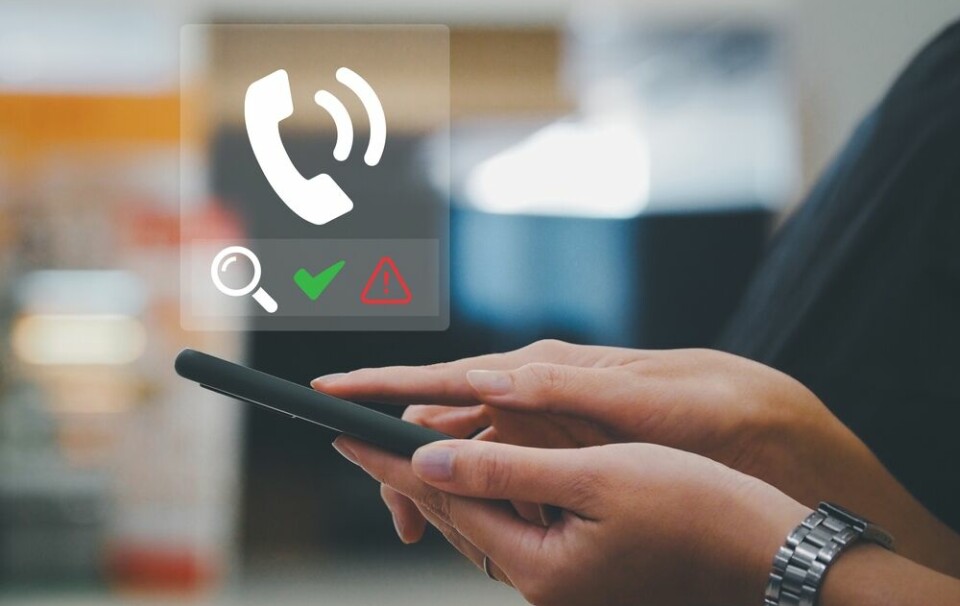-
Regional languages in France: more teaching, less speaking
Breton, Corsican, Basque: A new report assesses the state of regional language teaching nationwide
-
Nine face suspended prison sentences for online attacks targeting Brigitte Macron
Defence lawyers deny that the accused acted as a ‘mob’. Mrs Macron’s daughter says the campaign badly affected her mother
-
Six films and TV shows to improve your French this rentrée
From cultural references to new vocabulary, watching films in French is essential for your progress
Do Britons have a right to a translator in a French court?
We look at whether the state has provisions for non-French speakers

Reader Question: I have a court case next month against a carpenter who overcharged me. My French is not very good, so will I have the right to a translator in court? I have already found one privately who says they are approved, but I am confused if this is my responsibility
Anyone who does not feel confident speaking French has recourse to a translator during all criminal proceedings, including when in court.
However, the choice of translator is up to the judge, and you cannot hire a translator privately in advance to this end, although you may wish to work with one to translate any documents that may be used during court.
You should hire an approved translator for this (see below).
Article 344 of the French Criminal Procedure states that the presiding judge in a court of assizes must ensure that everyone has a sufficient grasp of the French language to follow the case. If not, a translator must be appointed.
Article 407 of the procedure also applies the same rules to criminal courts, however it is advisable to make the court aware of your limitations in French beforehand.
A full list of translation and interpretation rights for those in France can be found in the EU’s charter of fundamental rights, here (in English).
The fees of using a translator are fully covered by the state during hearings.
Who can translate?
Aside from the minimum age requirement, article D594-11 of the procedure states that this interpreter should, if possible, be selected from a list of approved translators.
These are the translators who are approved by the Cour de cassation or local appeals courts.
Generally, these translators advertise themselves as ‘sworn translators’ as in many instances they are the required avenue to officially translate documents needed by government authorities, notaires, etc.
Read more: Which documents require an official translator in France?
If a sworn translator cannot be found, then an interpreter-translator who is approved by the judicial system to work with asylum seekers can also be designated.
Failing this, anyone with the personal skills to act as a translator can be chosen, as long as they are not involved in the case in any way (attached or close to either of the parties, witnesses. Any magistrates or clerks who have worked on the case are also excluded).
As English is a widely-spoken language it is likely that a sworn translator will be available.
Translators can, if needed, join via telephone, and do not need to be physically present.
Related articles
How long do I need to keep old French documents?
I moved to France and became an English translator by accident
























